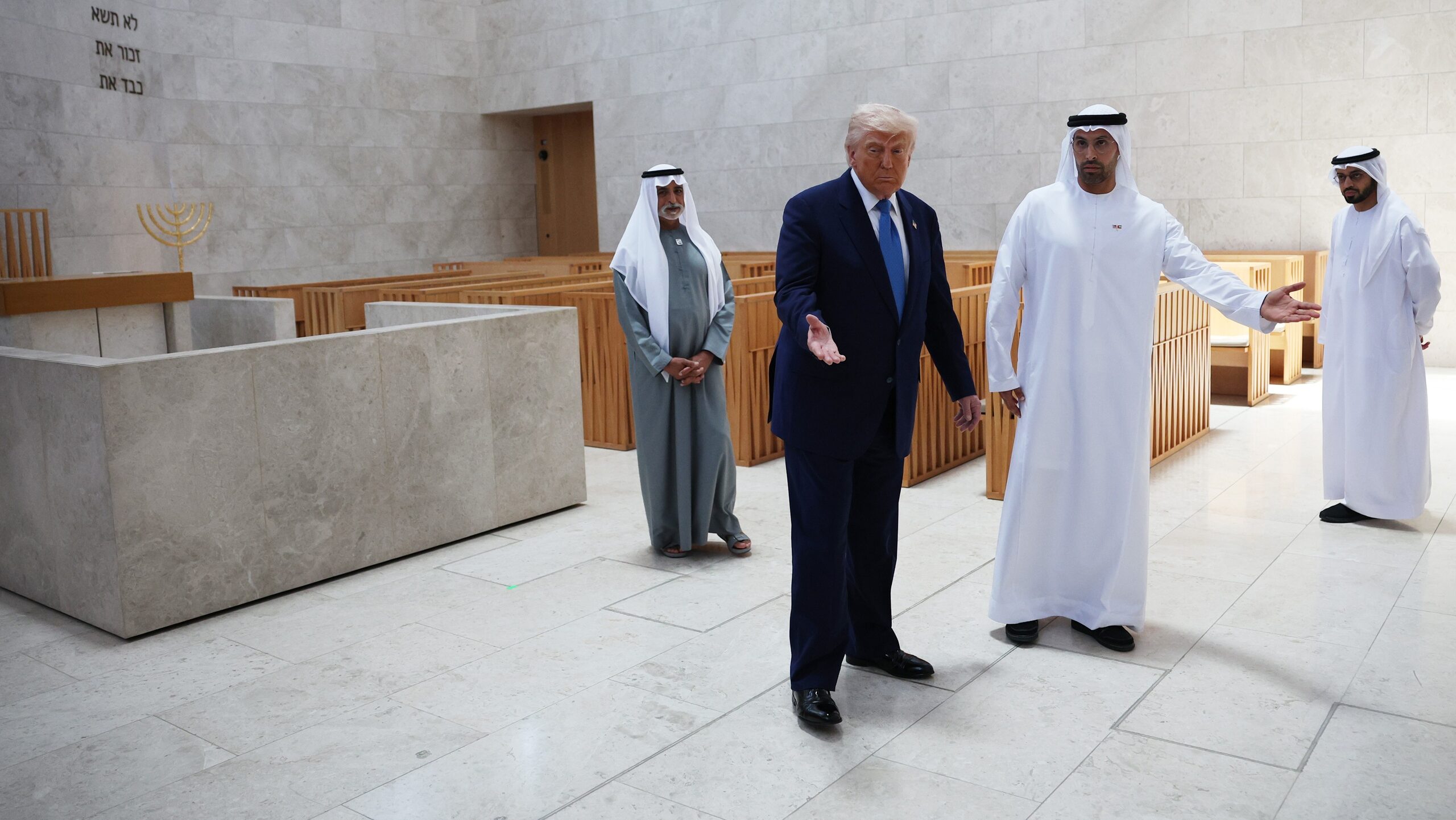Sanctions Lifted, Alliances Forged: Trump Courts Gulf Leaders on High-Stakes Tour
US President Donald Trump wrapped up a high-profile four-day visit to Saudi Arabia, Qatar, and the United Arab Emirates on Friday, securing hundreds of billions in trade and defense deals, launching new technology partnerships, and announcing a dramatic shift in US policy toward Syria. The tour—the president’s first major international trip of his second term—was aimed at bolstering US economic and strategic ties with Gulf nations while addressing ongoing conflicts involving Ukraine, Iran, and Gaza.
President Trump described the mission as one of “commerce, not chaos,” emphasizing dealmaking over diplomacy. “A new generation of leaders is transcending the ancient conflicts and tired divisions of the past,” the US president declared in Riyadh. “We’re taking them all off. Good luck Syria, show us something very special,” he added, announcing that the US would lift longstanding sanctions on Syria.
The move marks the first meeting between a US president and a Syrian leader since 2000. While the US president made no mention of conditions, Secretary of State Marco Rubio later clarified that only a temporary sanctions waiver had been approved for now, pending congressional review.
Give the gift of hope
We practice what we preach:
accurate, fearless journalism. But we can't do it alone.
- On the ground in Gaza, Syria, Israel, Egypt, Pakistan, and more
- Our program trained more than 100 journalists
- Calling out fake news and reporting real facts
- On the ground in Gaza, Syria, Israel, Egypt, Pakistan, and more
- Our program trained more than 100 journalists
- Calling out fake news and reporting real facts
Join us.
Support The Media Line. Save democracy.
The American president also unveiled business agreements that he said could reach $4 trillion, including $600 billion in Saudi commitments to US investments, $243 billion in Qatari deals, and $200 billion in new UAE initiatives. A standout moment was the signing of a $14.5 billion aircraft order from Etihad Airways and the launch of the US-UAE AI Acceleration Partnership. The deal grants the UAE access to 500,000 advanced Nvidia AI chips annually, subject to US export controls designed to block Chinese access.
In Saudi Arabia, President Trump encouraged Crown Prince Mohammed bin Salman to join the Abraham Accords and hosted a US-Saudi investment forum featuring CEOs from Blackstone, Citigroup, and Palantir. The forum included the announcement of a $10 billion Saudi AI semiconductor venture and US energy and data infrastructure investments worth $20 billion.
In Qatar, President Trump met with Emir Tamim bin Hamad Al Thani and finalized a massive $38 billion upgrade to the US Al Udeid Air Base. The visit also saw Qatar Airways sign a deal to purchase up to 210 Boeing jets. The US president attended a ceremonial World Cup host-nation handoff and pushed Qatar to serve as a backchannel in US-Iran talks.
Despite the focus on deals, President Trump’s peacemaking efforts hit limits. Russia rejected his offer to mediate the Ukraine war in Istanbul, and Israeli-Palestinian ceasefire negotiations stalled as Israeli Prime Minister Benjamin Netanyahu prepared a renewed military campaign in Gaza. President Trump said Iran had “sort of agreed” to a new nuclear framework, but no date was set for the next round of talks.
The American president’s domestic critics remained largely silent during the trip, with some Democrats, including Rep. Jim Himes and Sen. Chris Murphy, cautiously praising his engagement with Syria and the Gulf. But ethics concerns loomed, as the Trump Organization maintains real estate interests across the region and the president hinted at accepting a private jet from the Qatari royal family—a move that drew scrutiny from lawmakers.
President Trump returned to Washington with major foreign policy wins, but questions remain about how far Gulf cooperation can go—and whether the bold moves on Syria and Iran will yield long-term results.



